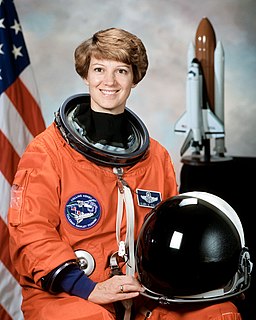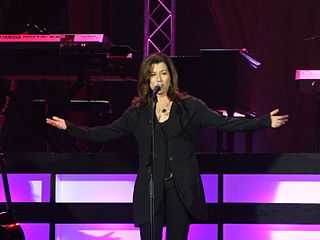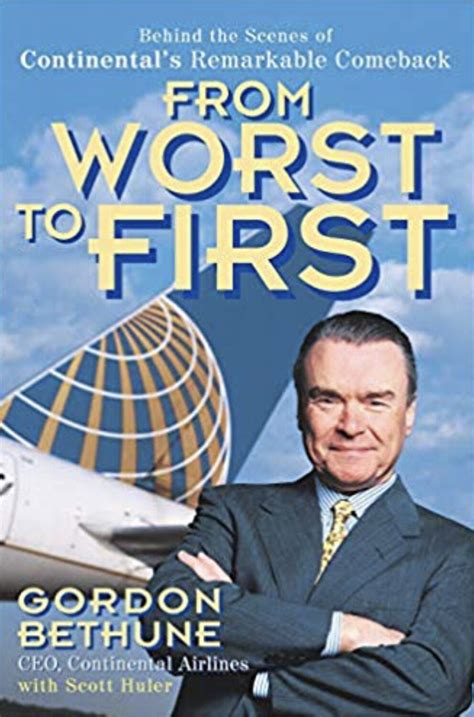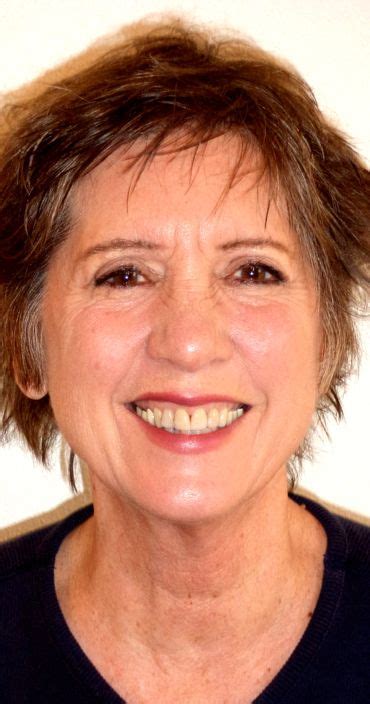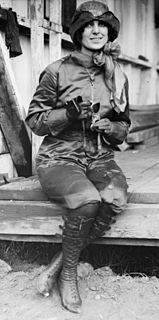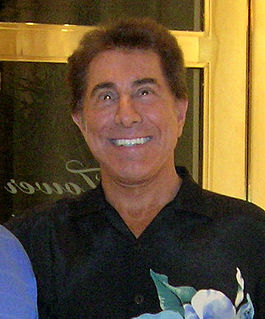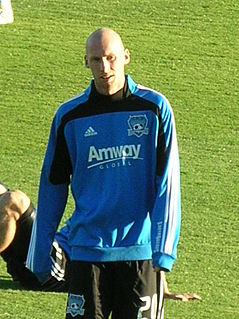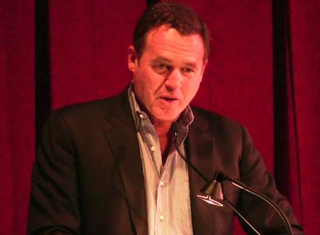A Quote by Alicia Keys
Related Quotes
The idea of my future simultaneously thrilled and terrified me, like standing at the lip of a very sheer cliff- I could fly, or fall. I didn't know how to fly, and I didn't want to fall. So I backed away from the cliff and went in search of something that had a clear, solid trajectory for me to follow, like hopscotch.
I can feel how an audience is reacting when I'm on a stage, but when you are on stage, your perception is distorted. That's something you just have to know. It's like pilots that fly at high Gs and they lose, sometimes, consciousness and hand/eye coordination and they just have to know that that's going to happen. They have to be trained to not try to do too much while they are doing that. So when you are on stage, you have to be aware that you are wrong about how it feels a lot of times.
Everyone asks me 'how it feels to fly.' It feels like riding in a high powered automobile, minus bumping over the rough roads, continually signaling to clear the way and keeping a watchful on the speedometer to see that you do not exceed the speed limit and provoke the wrath of the bicycle policeman or the covetous constable.
Do you think the people who were trying to reach to the Everest were not full of doubts? For a hundred years, how many people tried and how many people lost their lives? Do you know how many people never came back? But, still, people come from all over the world, risking, knowing they may never return. For them it is worth it - because in the very risk something is born inside of them: the center. It is born only in the risk. That's the beauty of risk, the gift of risk.



